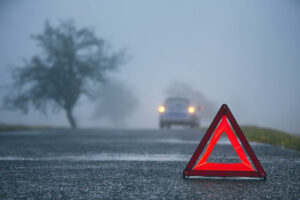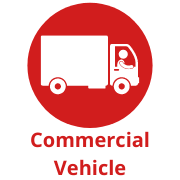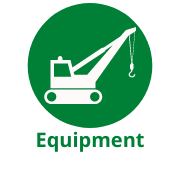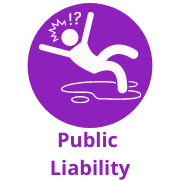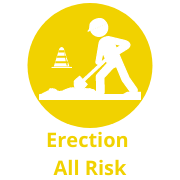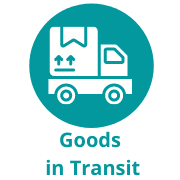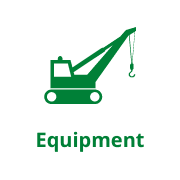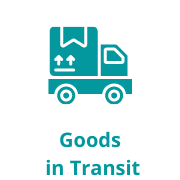The rising cost of fuel, coupled with the need to reduce our carbon footprint, has led many concerned citizens to put more energy conservation measures into their daily routines. It’s crucial to understand that fossil fuel consumption is an issue that affects everyone on earth. From the business owner who needs to reduce his overhead costs to compete effectively in a marketplace to the individual consumer who wants to save money while protecting our environment, the common denominator is that saving fuel is essential.
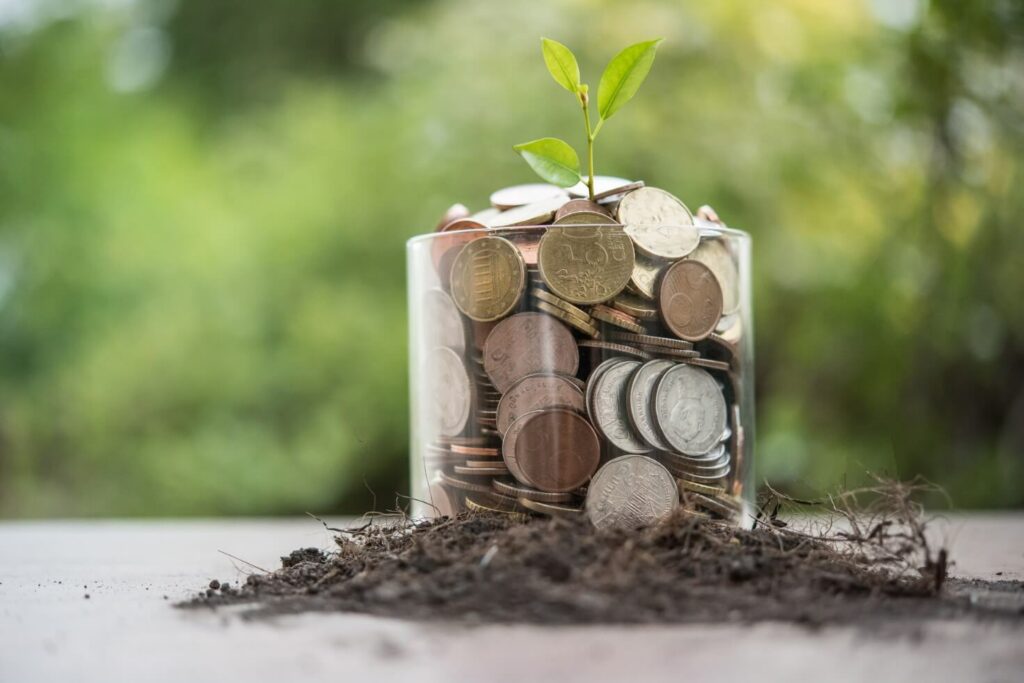
To assist you in your endless endeavor to save fuel, enlisted are five proven and beneficial strategies for reducing fuel consumption:
1. Avoid Long Idling
If you are still driving and your engine is idling, turn it off. Idling is bad for your car and bad for the environment. When your car engine is running, it has to burn gas to keep itself going; at the same time, emissions from your tailpipe go into the air, contributing to pollution. It is estimated that as much as 10% of a vehicle’s fuel consumption can be caused by unnecessary idling. Not only do you waste your hard-earned money, but you contribute to the high levels of air pollution in Pasir Gudang, Malaysia.
2. Eliminate Unnecessary Weight
So you have bought a new car in Pasir Gudang, Malaysia, with mandatory car insurance, and now you want to experience the thrill of long trips with your friends, family, and colleagues. You will pack your bags, pile in the car, and start a journey without even considering how the extra burden you so graciously loaded will affect its fuel efficiency. I wish there was some easy way of calculating how much money you could save by reducing the unnecessary extra weight from your car, but the truth is that it’s impossible BUT still necessary.
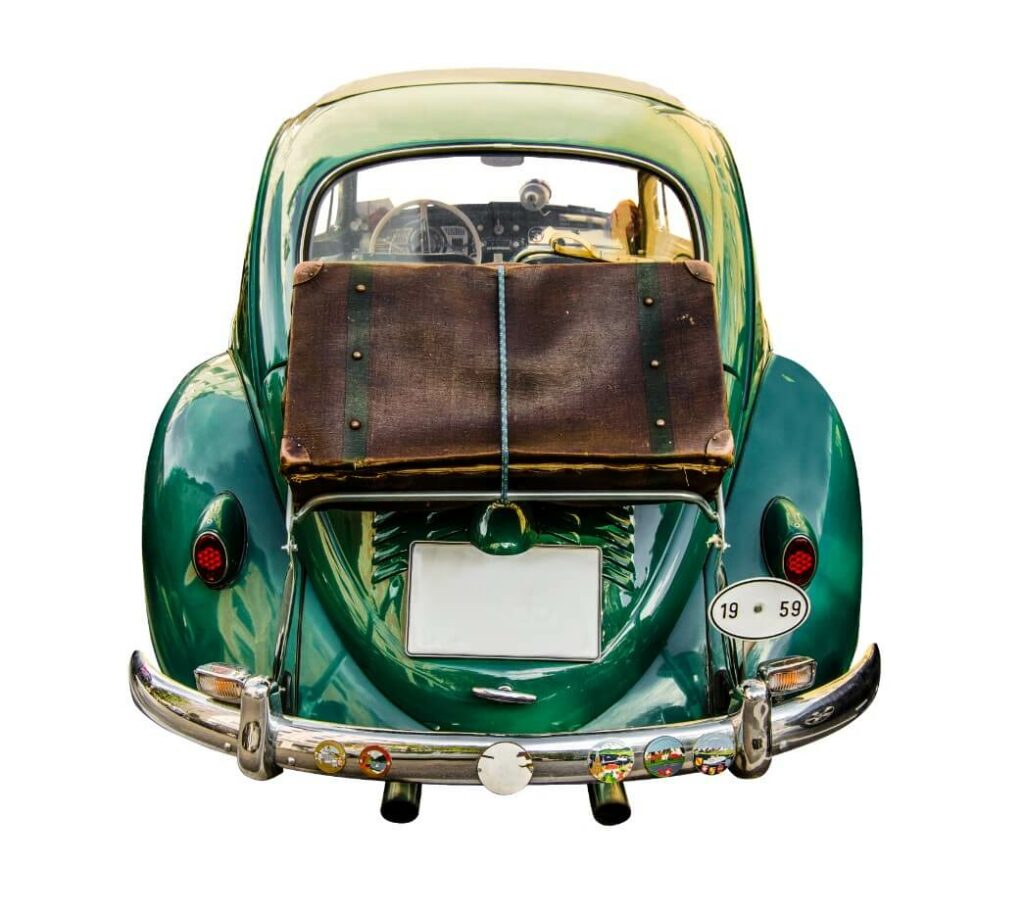
Whether you are a long-distance driver or not, the principle still applies to your car: the less unnecessary weight you carry, the more gas efficient it will be. And if you are still not convinced, every extra kilogram you add to your car can cost you up to an extra gallon of gasoline every 100 miles.
3. Tires Must Be Inflated to the Recommended Pressure
Whether you’re driving an economy car through your city or a camping van across the state, keeping your tires inflated to their ideal pressure can save you a lot of money. In fact, it’s one of the only ways that you can improve fuel efficiency when it comes to your vehicle. Tires must be inflated to the recommended pressure to improve gas mileage. When tires are under-inflated, they create greater friction between the road and the rubber, which is directly responsible for more fuel consumption.

In the long run, this extra friction is a waste of both gas and Money because it costs more in fuel and wears and tear on your vehicle. And yes, you might have car insurance or motorcycle insurance in Malaysia, but if you really want to save money on fuel and have a safer journey, you should have the air pressure in your tires checked every month and change the tires when the tread depth reaches 2/32″.
4. Invest in a More Fuel-Efficient Car
You want fast and powerful? Go get yourself a sports car. Do you want to drive a fuel-efficient car? Forget about your 6-cylinder and high-range speed, and get yourself a hybrid. Boasting a hybrid’s electric motor and its advanced hybrid system, a hybrid is an ultimate vehicle that can travel up to 100 miles in a gas-efficient mode without many harmful emissions. You can also choose to invest in low power or a smaller engine, with downsized engines costing less Money on gas and weight. These models are designed especially for individuals concerned about fuel efficiency and still delivers on almost every front – comfort, technology, and performance.
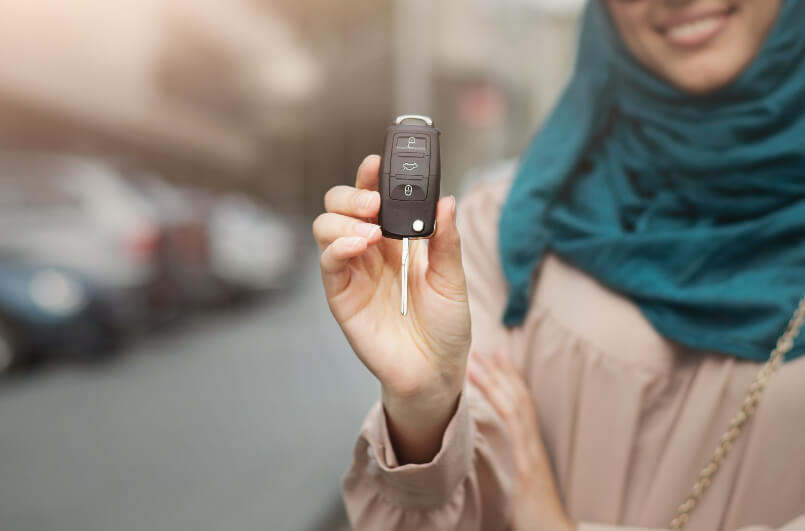
5. Plan Your Route Before Travelling
The only guaranteed way you can save money on gas is to reduce your overall fuel consumption. Before you leave for your trip, take some time to plan your route. Prioritize stops that will provide you with the greatest return on your investment in gas. After you have arrived at your destination, evaluate how much gas you used during your trip. As you do this, you’ll realize that not only can you save money on gas by planning your route in advance, but you can also save money by planning your activities before you go. And if you really want to save money, when you’re driving on the road, always try to maintain a constant speed of around 50mph. This will reduce your gas consumption, as well as reducing wear and tear on your engine.
Conclusion
If you are really serious about reducing your fuel consumption and saving money on gas, then it is highly recommended that you start using some of the aforementioned easy-to-implement strategies today. It’s also important to remember that action is more important than words. Every little bit of fuel that is saved is a step closer to an easier, less stressful, and more resourceful life.




